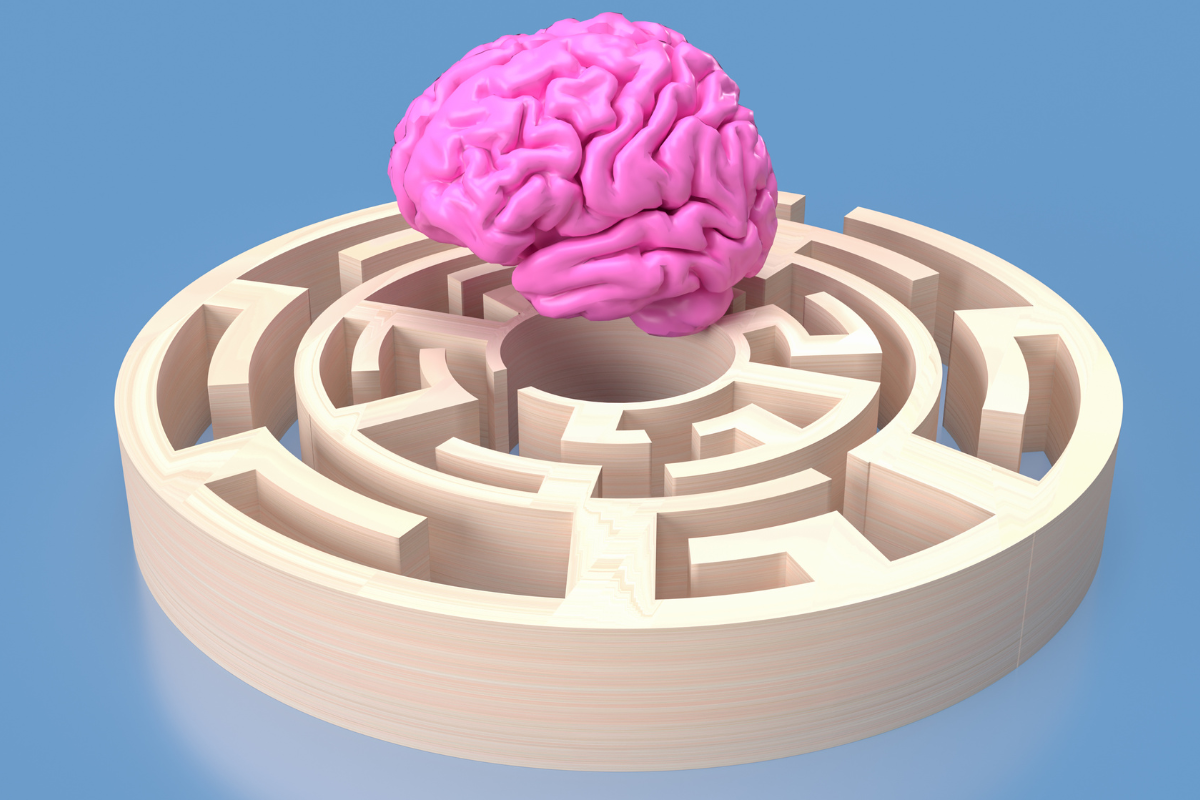It often feels frustrating - sometimes even worrying - to feel less sharp than we used to. But far from being a myth, there’s good science behind why so many of us notice changes to memory, focus, and attention after having a baby.
What is baby brain?
Baby brain isn’t a medical diagnosis but a term used to describe forgetfulness, mental fog, and changes in concentration during pregnancy and beyond. Research suggests that pregnancy actually remodels areas of the brain linked to social bonding and empathy, helping us tune in to our baby’s needs. These adaptations are thought to be long-lasting, sometimes persisting for years after giving birth. While that might not help when you’ve put your phone in the fridge, it does show that baby brain isn’t about “losing” ability — it’s about shifting priorities.
Why does it happen?
There are several reasons why we experience 'baby brain':
Hormonal changes
After birth, oestrogen and progesterone drop dramatically, and these hormones have a big influence on mood and memory. Meanwhile, oxytocin and prolactin rise, helping us bond and breastfeed. This hormonal cocktail can leave our thinking feeling foggy in the short term in a similar way to the brain fog we might experience during perimenopause.
Physical recovery
Pregnancy and childbirth put a lot on our body. Blood loss, iron deficiency, and disrupted sleep all affect how well our brain can function. Even months down the line, your body is still healing, and concentration and focus can take a hit.
Fatigue
There’s no getting around the sleep deprivation of early motherhood. Broken nights, early mornings, and the constant mental load of remembering feeds, nappies, and nap times leave little energy left for sharp recall or problem-solving. Your brain simply feels overwhelmed getting to grips with the first few months of having a baby.
The mental load
Many - if not most - women will tell you that in those first few early years, caring for your baby and toddler means you are constantly on high alert. Whether anticipating your baby's needs, tracking routines, and planning ahead or keeping your toddler safe, that level of vigilance is exhausting. It explains why remembering to buy milk or call the dentist might feel impossible.
Support (or lack of it)
A strong support network can buffer some of the mental strain but many of us don't have immediate family nearby to help give us a break or pick up the slack. When support is thin, the load is heavier, and so is the brain fog.
How long does baby brain last?
For some, fogginess improves after the first few months as sleep becomes more consistent and recovery progresses. For others, especially if there are ongoing stressors or limited support, baby brain can feel present for years. The good news is that research suggests our brains are incredibly adaptable — the changes that make us more responsive as mothers also build long-term cognitive resilience.
5 tips to help manage baby brain
While baby brain is a normal part of the adjustment to motherhood, there are ways to ease its impact:
1. Prioritise rest where you can
It’s easier said than done, but even short naps, shared night shifts, or lying down when the baby naps can help your brain reset.
2. Nourish your body
Iron, omega-3 fatty acids, and B vitamins play a key role in memory and concentration. A balanced diet — supported by supplements if recommended — can improve energy and cognitive clarity.
3. Write things down
Lists, phone reminders, and calendars are your friend. Don’t rely on memory alone when your mental load is sky-high.
4. Share the load
Delegate wherever possible, whether that’s splitting tasks with your partner, asking family to help with meals, or arranging childcare for a few hours.
5. Be kind to yourself
This stage is intense and temporary. Forgetfulness doesn’t mean you’re failing; it means your brain is adapting to an extraordinary new role.
But importantly, baby brain isn't a sign you are failing.
Baby brain isn’t about being less capable - it’s about the brain rewiring to prioritise your baby's needs. That doesn't make it any less frustrating though, and finding friends who are going through the same phase can help remind you that you aren't alone. And believe us, it will ease over time as your baby grows and your body heals and adapts into your new role as parent.









